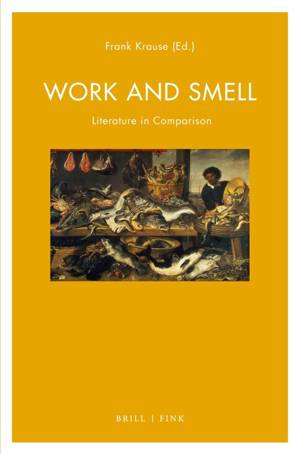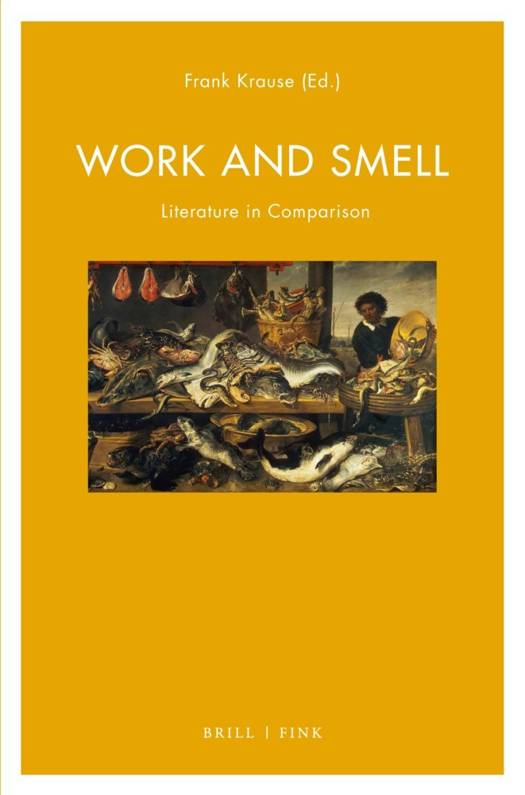
Je cadeautjes zeker op tijd in huis hebben voor de feestdagen? Kom langs in onze winkels en vind het perfecte geschenk!
- Afhalen na 1 uur in een winkel met voorraad
- Gratis thuislevering in België vanaf € 30
- Ruim aanbod met 7 miljoen producten
Je cadeautjes zeker op tijd in huis hebben voor de feestdagen? Kom langs in onze winkels en vind het perfecte geschenk!
- Afhalen na 1 uur in een winkel met voorraad
- Gratis thuislevering in België vanaf € 30
- Ruim aanbod met 7 miljoen producten
Zoeken
€ 94,95
+ 189 punten
Omschrijving
Literature responds and contributes to the ways in which societies imagine their condition in general and economic life in particular. However, the weighty contribution made by smell motifs to the literary evaluation of work-related topics has remained underexplored. Work-related smells play an important role in contexts of social inclusion and exclusion, and they can impact strongly on the scope and limits for the fulfillment of needs at or around the workplace. As emotionally powerful devices, olfactory motifs are also used imaginatively to counter culturally habitualised views on work. The book explores four issues which underpin the nexus of smell and work in literature: the social othering of smelly workers, a worker's sense of social belonging mediated by smell, negative health effects of smelly work environments, and work related smell in ambivalent contexts of sensual indulgence. The chapters cover European, American and Asian texts and also open up new perspectives for comparative studies.
Specificaties
Betrokkenen
- Uitgeverij:
Inhoud
- Aantal bladzijden:
- 234
- Taal:
- Engels
- Reeks:
- Reeksnummer:
- nr. 16
Eigenschappen
- Productcode (EAN):
- 9783770569564
- Verschijningsdatum:
- 12/11/2025
- Uitvoering:
- Paperback
- Afmetingen:
- 155 mm x 18 mm
- Gewicht:
- 431 g

Alleen bij Standaard Boekhandel
+ 189 punten op je klantenkaart van Standaard Boekhandel
Beoordelingen
We publiceren alleen reviews die voldoen aan de voorwaarden voor reviews. Bekijk onze voorwaarden voor reviews.








